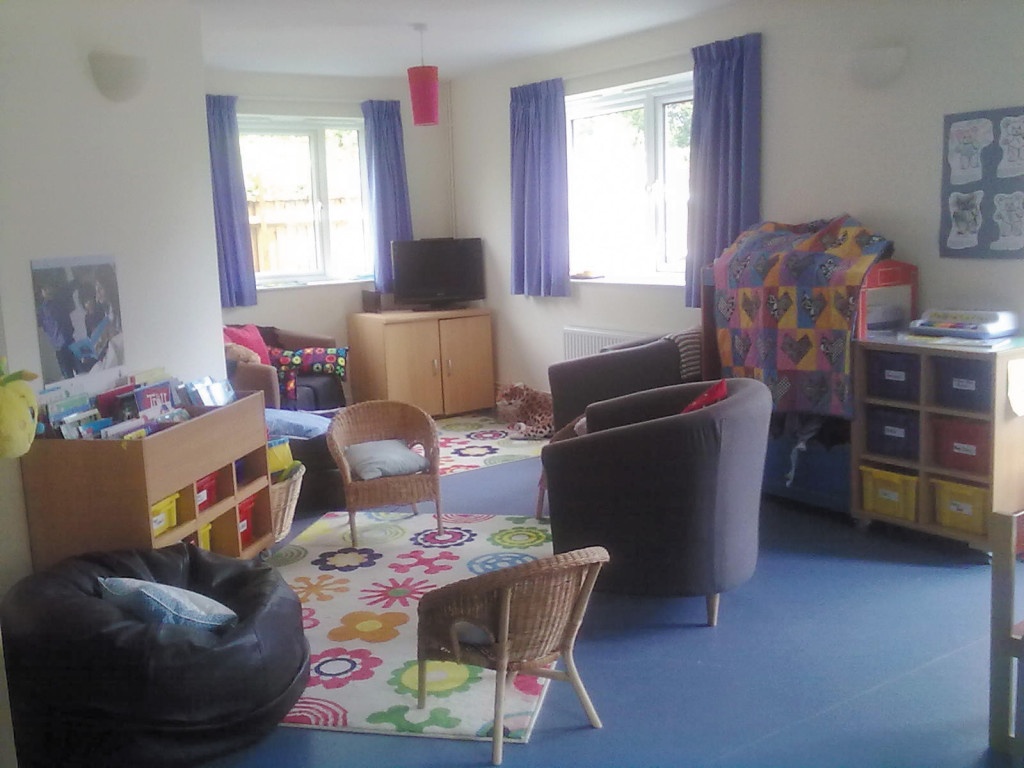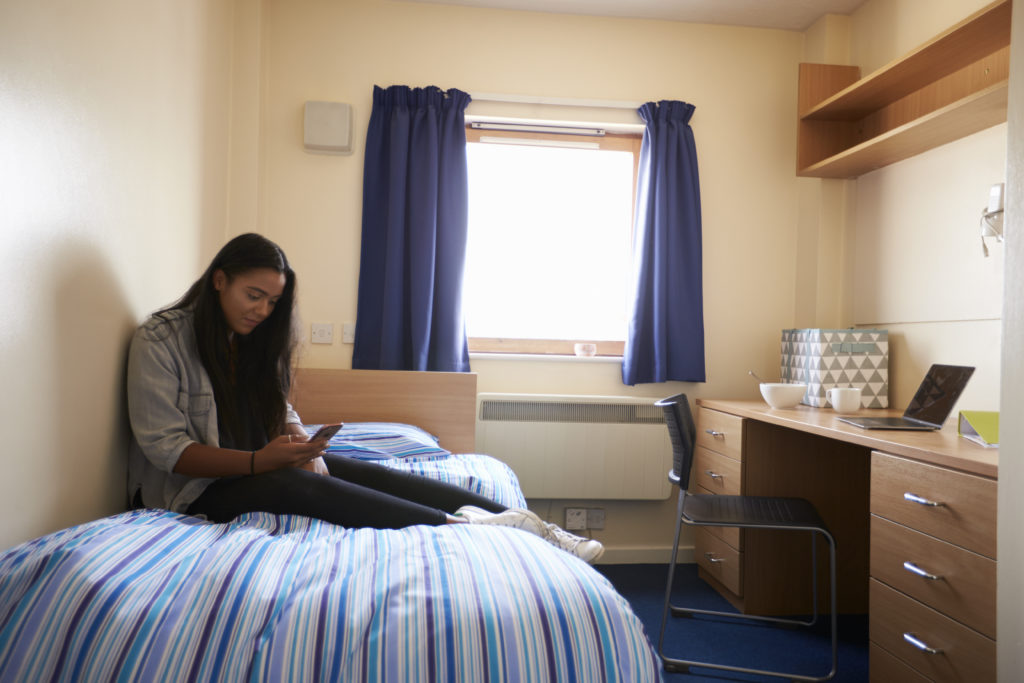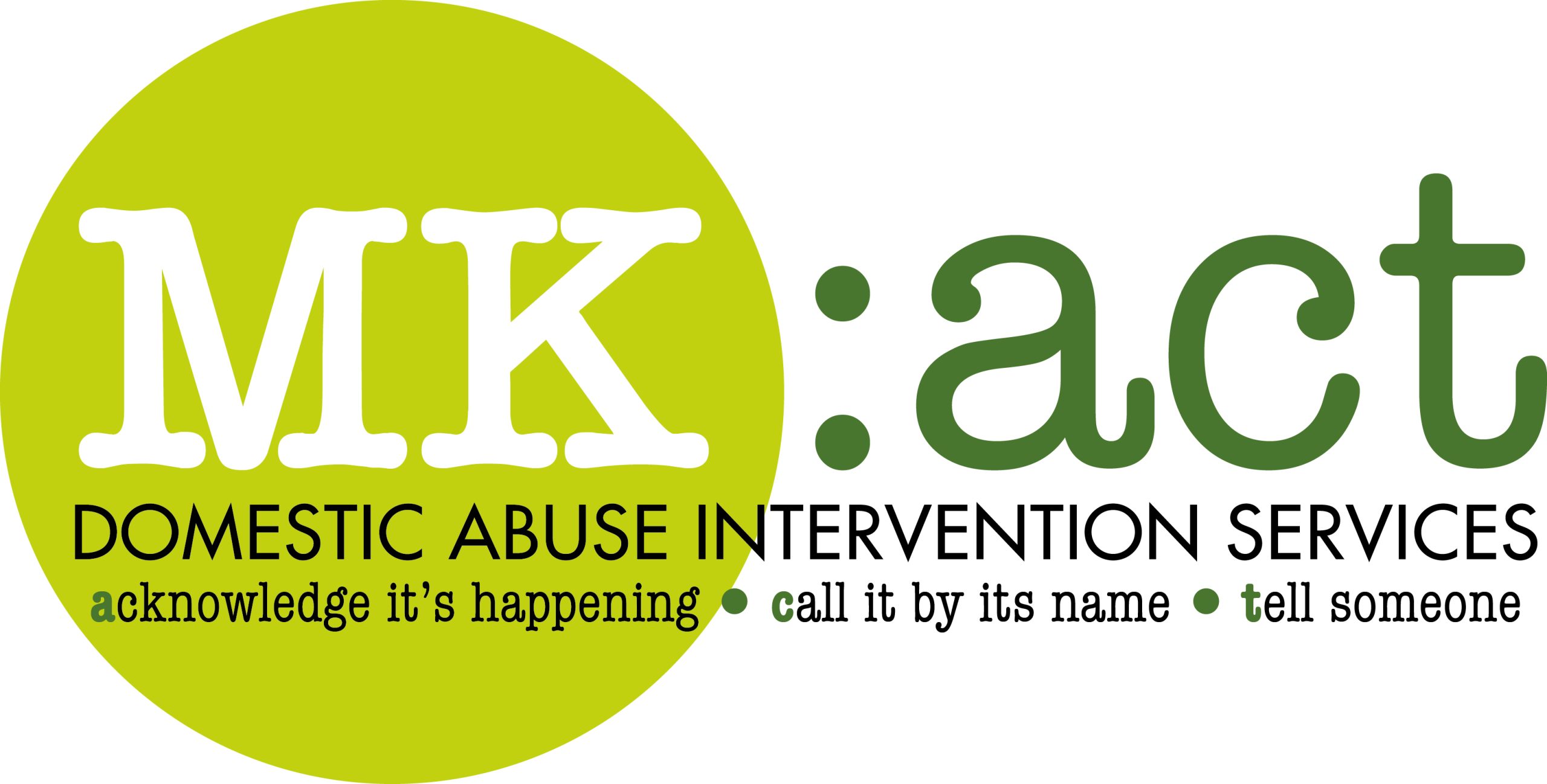What is a domestic abuse refuge?
A refuge is a safe house where women who are experiencing domestic abuse (and any children they may have) can stay in a place of safety. Refuge addresses (and telephone numbers) are confidential. There are over 500 refuge and support services in England, Scotland, Wales and Northern Ireland. You can choose (subject to space and availability) whether you travel a long way away from your home town, or remain in the same area.

What is a domestic abuse refuge like?
Some refuges have space for many women and children, and some are small houses. Some refuges are shared accommodation and some are self-contained. Many refuges have disabled access facilities.
Refuges have experienced support workers who can assist with safety planning and supporting you to stay free from abuse.
You will be asked to sign a license agreement, which will include the terms under which you can stay in the refuge, how long you can stay and any necessary rules to ensure the safety of yourself and other residents (for example regarding confidentiality, etc.)

The support offered in many refuges includes assisting with housing issues, access to legal help, immigration issues, emotional support, access to counselling, information regarding education and training, access to Domestic Abuse Intervention Programmes such as the Freedom Programme, as well as specialist support for women and their children so they may have a life free from abuse.
Who can go into a refuge?
Any woman who needs to escape from domestic violence or abuse can go into a refuge. It does not matter whether or not you are married to or living with your abuser, or family member, or whether or not you have children.
How do I arrange refuge accommodation in Milton Keynes?
You can either call MK ACT during office hours or call the National 24-hour Domestic Violence Helpline.
- 0344 375 4307 MK ACT (9-5pm Monday-Friday)
- National Domestic Violence Helpline (24 hours) 0808 2000247 or online support http://www.nationaldahelpline.org.uk/
You should be able to go into a refuge on the day that you call. You can’t usually book accommodation in advance, nor will you always be able to find refuge space in the location of your choice.
If you decide you would like the Helpline to arrange refuge space for you, you will be asked for your name (you only have to give your first name if you prefer) and the ages of any children who are with you. You will need to give a telephone number on which you can be called back when accommodation has been found for you. This can be a telephone box, as long as it takes incoming calls, or a mobile phone, or it could be at a friend’s house, a health centre or any other safe place where you are able wait for any return calls.
When refuge accommodation has been found for you, a member of staff or a volunteer from the organisation will discuss with you how you can get there. They may arrange to meet you at their office or somewhere else, which is easy to find. Please keep any information about the refuge confidential and take care not to leave any of this information behind (thus enabling your location, or the address or telephone number of the refuge, to be traced).
If I leave a refuge, can I go back?
Yes, in most cases. If you choose to leave the refuge but later need safe accommodation again, you and your children will be able to go back, either into the same or another refuge, depending on where you will be safe, and the availability of space at the time you need it.
If you were asked to leave a refuge because you broke the terms of the license agreement, it may not be possible for you to return to the same house. You may be referred to refuge accommodation elsewhere, or another safe place will be found for you.
What about my permanent housing situation?
You can return home from the refuge at any point. You may decide to return with an occupation order. You may decide you want to be re-housed elsewhere. The choice is yours, and the refuge support workers will give you information about the various options in order to help you to decide what you want to do. They will also help you to get advice regarding joint property and mortgage agreements. NB: Do not agree to sign any documents relating to the tenancy or ownership of your home until you have taken legal advice.
